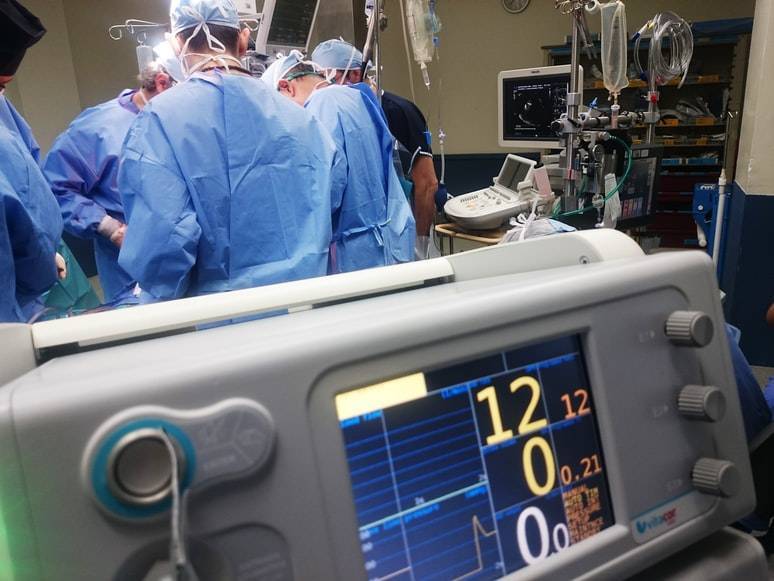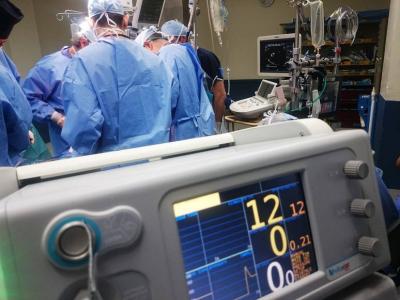Researchers recorded a surprising new experiment on Thursday in the quest to save human lives with genetically modified pig organs. This time, surgeons in Alabama implanted pig kidneys into the body of a brain-dead man—an incremental step towards a procedure they hope will allow for organ transplants in living patients potentially later this year. Jamie Lok from the University of Alabama at Birmingham, who led the latest study aimed at initiating a clinical trial for pig kidney transplants, stated, "The shortage of organs is truly an unimaginable crisis, and we have no real solution for it."
Similar experiments have made headlines in recent months as research into transplanting animal organs into humans has intensified. On two occasions this fall, surgeons at New York University temporarily connected a pig kidney to the blood vessels outside the body of a deceased recipient, only to be surprised by its functionality. Earlier this month, surgeons at the Maryland Medical Center gave a dying man a genetically modified pig heart, which has kept him alive so far. However, scientists still need to understand more about how to test these transplant processes without risking the patient's life.
With the help of a family that donated a relative's body for science, Lok replicated the method used to implant the heart in a human body—removing the “donor” pig kidneys and attaching them to the deceased man’s abdomen. Over a period of about three days, until the man was taken off life support, the pig kidneys survived without any signs of rejection by his body, according to her team's findings published Thursday in the American Journal of Transplantation. Lok explained that it was unclear whether the thin blood vessels of the pig kidneys could withstand the higher blood pressure of humans, but they managed to do so.




